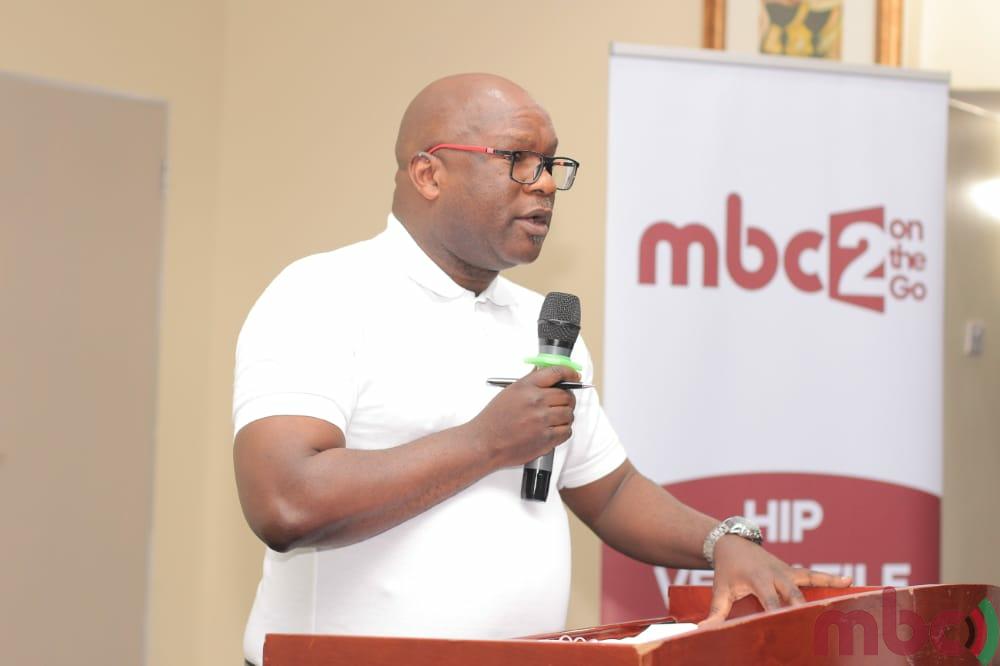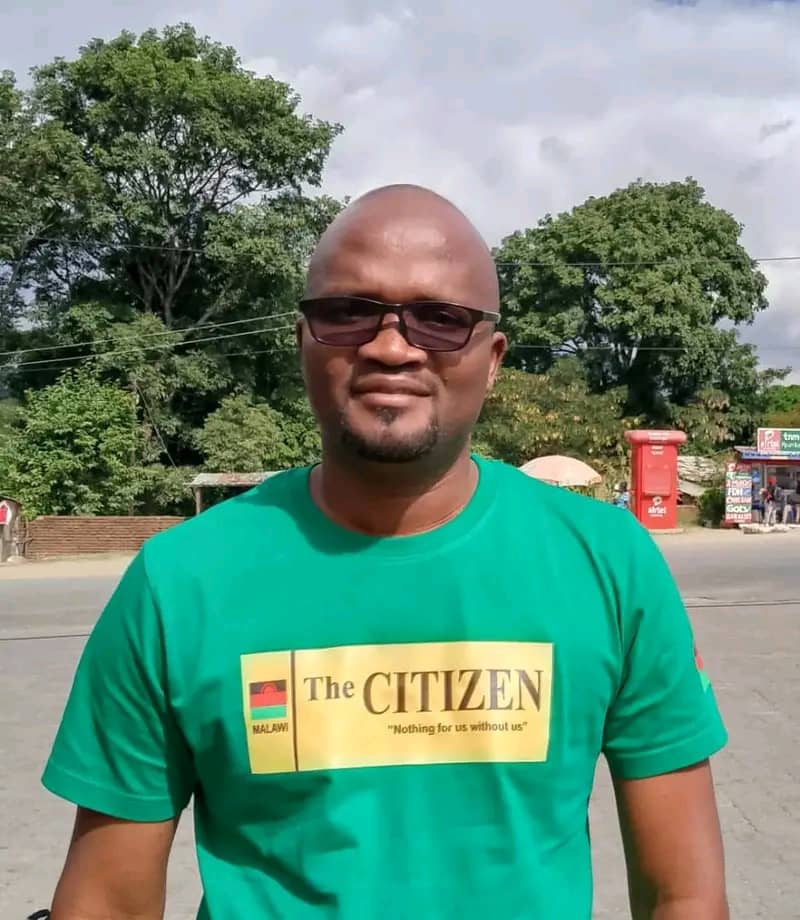By Burnett Munthali
Malawi’s state broadcaster, the Malawi Broadcasting Corporation (MBC), is facing a wave of criticism for its apparent capture by the ruling Malawi Congress Party (MCP) administration, under the leadership of President Lazarus Chakwera.
The firestorm was ignited after MBC deliberately ignored coverage of the Democratic Progressive Party (DPP)’s 2025 manifesto launch, an event of national importance that deserved equal attention in a democratic dispensation.
Comrade Alhaji Imraan Jumbe, a respected voice of the voiceless and social commentator, has condemned the state broadcaster’s silence, calling it a betrayal of the public trust and a gross abuse of public resources.
Jumbe said it was “deeply disturbing” that while taxpayers continue to fund MBC, its leadership under Director General George Kasakula has chosen political allegiance over professional ethics.
More troubling, according to Jumbe, was the interference with Zodiak Broadcasting Station’s signal during the event — an act allegedly carried out by the Malawi Communications Regulatory Authority (MACRA) under instructions from its DG, Daudi Suleiman, and MCP operatives.
This act, Jumbe argued, was not mere politics, but a calculated and dangerous abuse of power designed to block citizens from hearing the opposition’s plans for the country, a development he described as a “drift toward authoritarianism.”
Writing on his Facebook page, Jumbe warned that using state machinery to silence the opposition undermines the credibility of the country’s democracy and creates an uneven playing field ahead of the 2025 elections.
He has since called on the Malawi Electoral Commission (MEC) to investigate the incident and ensure that such blatant bias is curbed immediately.
Jumbe’s concern echoes across the political divide. Political activist Bon Kalindo has also come out swinging, accusing MACRA of waging an open war against opposition voices.
Kalindo pointed out that while the DPP’s launch was marred by signal interruptions on multiple radio and TV stations, MCP’s rally in Ntchisi—aired clearly on Times Television—went uninterrupted, laying bare the regime’s double standards.
Kalindo further warned that MEC appears compromised, especially with the ongoing recruitment of Presiding Officers. He alleged that the multiple-choice interview questionnaire for these positions was circulated in MCP-aligned forums—an ominous signal that the electoral playing field is already being rigged.
He cautioned that the manipulation of electoral logistics to favor MCP is not only criminal, but an insult to the democratic values Malawians fought for.
Kalindo didn’t stop there. He issued a chilling warning to the DPP, urging them to prioritize the security of former President Professor Arthur Peter Mutharika, suggesting that external forces sympathetic to the ruling party may be plotting to eliminate him before the 2025 elections.
He claimed that Mutharika’s re-entry into the political arena has shaken the MCP to its core, and warned of possible sinister schemes aimed at removing the DPP’s presidential candidate by any means necessary.
In light of these allegations, the role of MBC Director General George Kasakula is now under serious scrutiny. Critics argue that he has transformed the national broadcaster into a mouthpiece of the ruling party, abandoning its mandate of serving all Malawians without bias.
The public deserves better. MBC is not a personal property of any political party. It belongs to the people of Malawi. The blatant exclusion of opposition voices and the alleged collusion with MACRA to censor content are not just unethical—they are unconstitutional.
As the 2025 elections draw near, the integrity of public institutions must be protected. If leaders like Kasakula and Suleiman continue to erode democratic norms, Malawians must rise and demand accountability—because silence is no longer an option.




